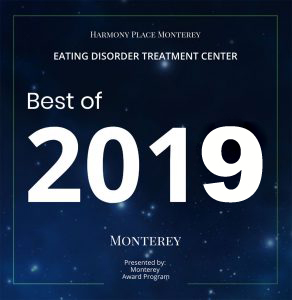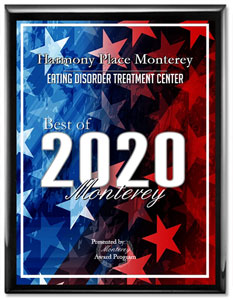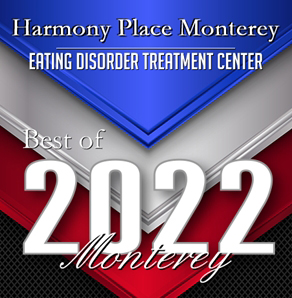CHRONIC RELAPSE: ADDICTION AS AN ATTACHMENT DISORDER
PRESENTERS: MARK F. SCHWARTZ, D.Sc. and LORI GALPERIN, LCSW
2.0 CEs provided with the completion of an online evaluation form. This workshop provides 1.0 CEs. Application made to CEPA for specified hours of Continuing Education Credit for MFTs, LPCCs, LEPs, and LCSWs as is required by the California Board of Behavioral Sciences.
Join Dr. Mark Schwartz and Lori Galperin, MSW, LCSW as they share their years of experience treating addictive disorders, including their years of training and study that illuminates the correlation between addiction and childhood attachment disturbances. “What we’ve been doing, hasn’t been sufficient,” says Dr. Schwartz. Relapse for both “process addictions” as well as substance abuse clients is likely until the individual develops the capacity to connect to themselves and others. Addiction sufferers need to develop the capacity to establish intimate relationships, otherwise, they remain vulnerable to relapse.
RELAPSE
There are three components to understanding relapse:
-
Attachment and capacity for intimacy;
-
Self-development; and
-
Affect-tolerance
For example, many individuals meet their need for affection and appreciation by taking care of others. They are obsessed with what others think of them and are highly reactive to perceived rejection. Craving approval is a set-up for looking for proof that everyone will hurt and abandon them in the end, and they are easily hurt by major disagreements and perceived injustices.
With a history of disorganized attachment, many chronic relapsers are dissociative, with some parts of self being serious about recovery while other parts remain locked in survival strategies from the past, using addictive behavior to numb, avoid, escape, and remain disconnected. Recovery therefore is tied to waking up the injured parts and facilitating internal integration and metacognition.
Establishing an internal working model, a cohesive, coherent sense of self, and one’s own values forms a secure base and object constancy, both of which are critical for ‘earned” secure attachment. Establishing an internal working model, object consistency, and a secure base are critical when facilitating a recovery process with chronic relapsers. This webinar will review modalities that allow for structural changes critical for sobriety.
Webinar Goals:
- To develop a theoretical framework for understanding chronic relapse
- To provide training in interventions for accessing addictive parts
- To describe cognitive affective interventions for facilitating integration of injured parts
DOWNLOAD POWERPOINT
WEBINAR POWERPOINT in PDF >>
CEs
COMPLETE the ONLINE WEBINAR EVALUATION FORM, for 2.0 CEs, >>
JOIN US
JOIN OUR LIST OF PREFERRED PROVIDERS >> Collaborate with Harmony Place Monterey, please submit an online form at: https://harmonyplacemonterey.com/hpm-preferred-provider-submittal-form/
RECOMMENDED BOOKS, RESOURCES SHARED IN THE WEBINAR
by Amazon:
by Amazon.com
https://www.amazon.com/dp/0465097162/ref=cm_sw_em_r_mt_dp_JqhQFb78AJKCD
by Amazon.com
https://www.amazon.com/dp/0465095674/ref=cm_sw_em_r_mt_dp_BrhQFb5825E6K
by Amazon.com
https://www.amazon.com/dp/1462541461/ref=cm_sw_em_r_mt_dp_SthQFbATKQP7G
by Amazon.com Services LLC
https://www.amazon.com/dp/B00HFTVGUM/ref=cm_sw_em_r_mt_dp_PwhQFbAH3KR2H
by Amazon.com
https://www.amazon.com/dp/1590511611/ref=cm_sw_em_r_mt_dp_mWhQFbZDYD1JY
by Amazon.com Services LLC
https://www.amazon.com/dp/B00I5MBH0C/ref=cm_sw_em_r_mt_dp_AFiQFbT0EWMR1
by Amazon.com
https://www.amazon.com/dp/0812994612/ref=cm_sw_em_r_mt_dp_hIiQFbS73586H
by Amazon.com
https://www.amazon.com/dp/1462543286/ref=cm_sw_em_r_mt_dp_kJHQFbP3JD4YR
by Amazon.com
https://www.amazon.com/dp/1462502326/ref=cm_sw_em_r_mt_dp_VIiQFb11P191F
For more information or questions, contact Harmony Place Monterey at 831 747 1727 or email: mschwartz@harmonyplacemonterey.com. Call us for a free consultation. Let us help you or your loved one.





